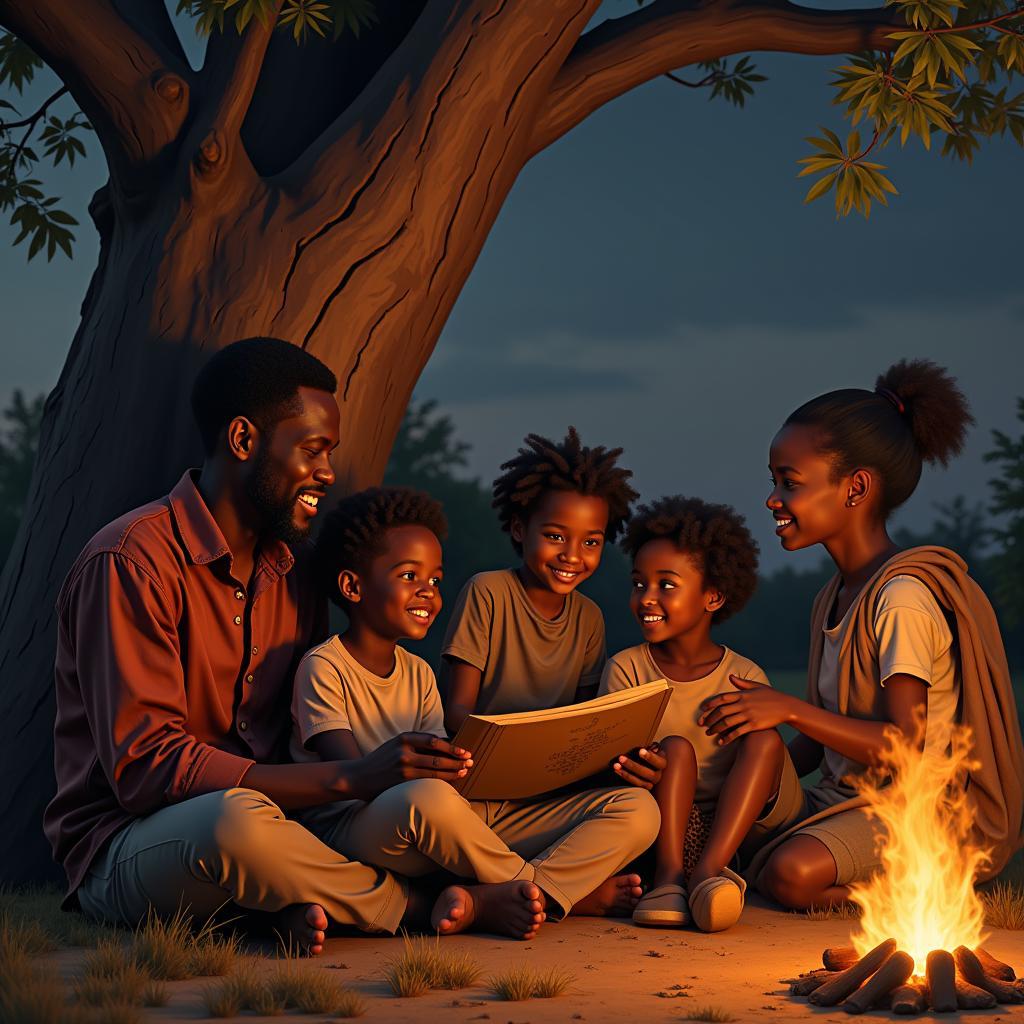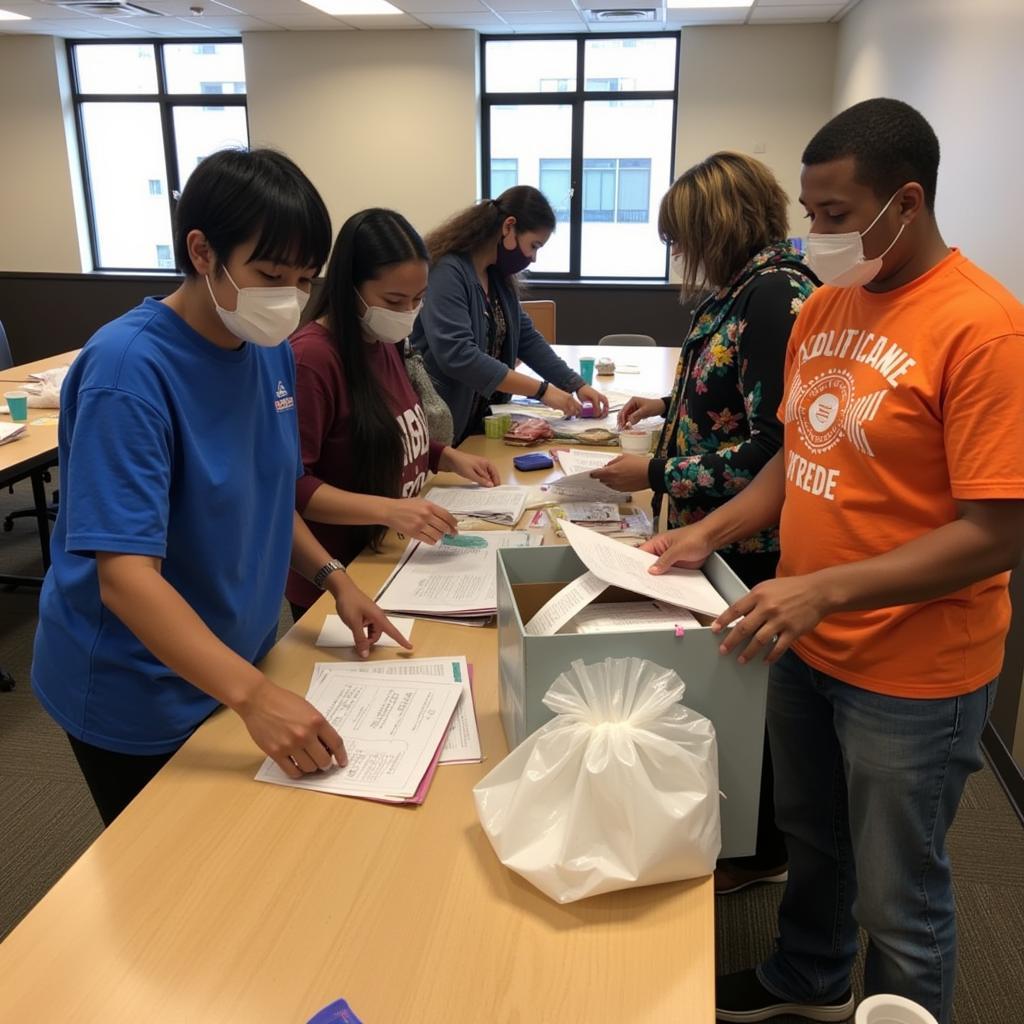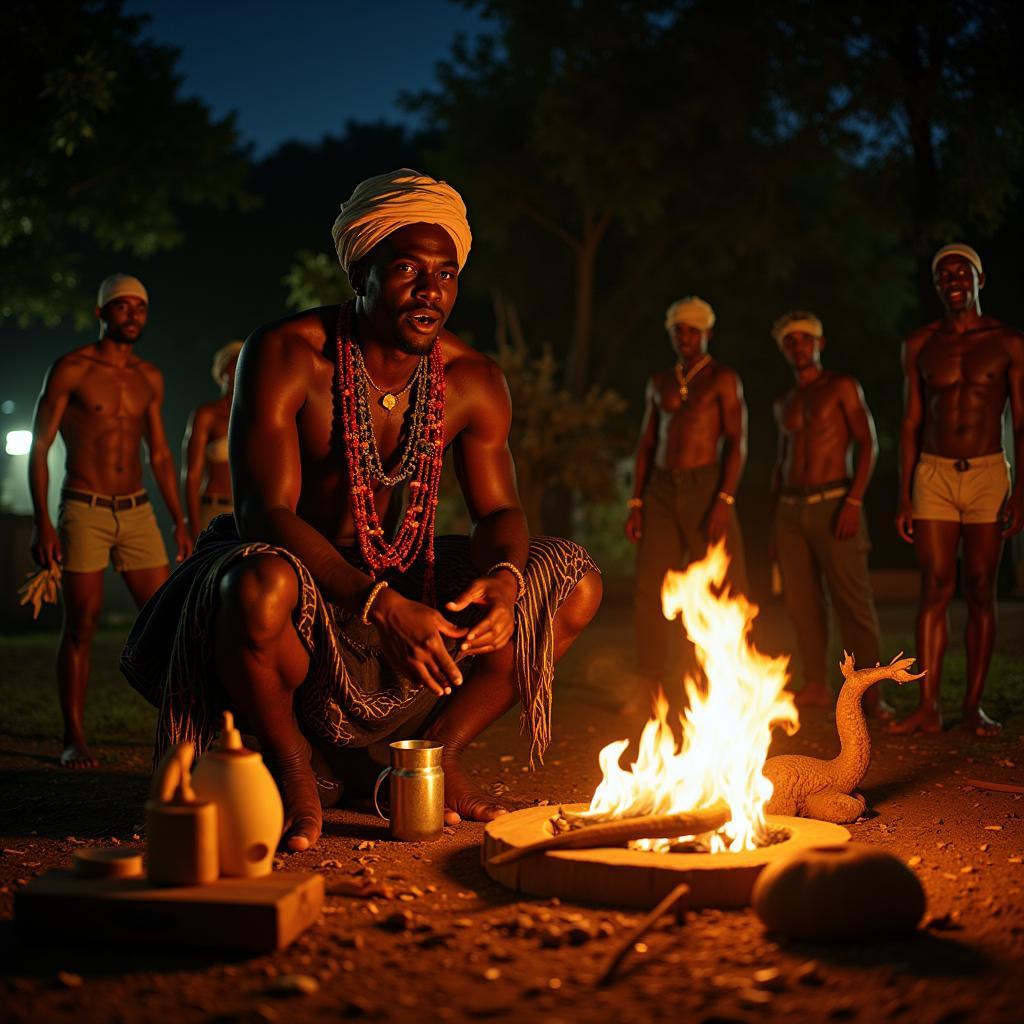African Groom Wedding Attire: A Celebration of Culture and Style
African Groom Wedding Attire is a vibrant tapestry woven with threads of tradition, culture, and personal style. From the regal Kente cloth of Ghana to the intricate beadwork of the Maasai, the groom’s attire reflects not just his individual taste but also the rich heritage of his people. This article delves into the diverse world of African groom wedding attire, exploring the symbolism, styles, and trends that make each celebration unique.
Choosing the perfect wedding attire is a significant moment for any groom. In Africa, this choice takes on an even deeper meaning, connecting the groom to his ancestors and his community. The attire often reflects the groom’s ethnic background, regional customs, and even his family’s history. This rich tapestry of tradition makes African groom wedding attire a fascinating subject to explore. See how the attire complements the african bride make up.
The Significance of Traditional Attire
Across the vast continent of Africa, each culture boasts its own distinctive wedding traditions, and the groom’s attire is a central element of these celebrations. Whether it’s a brightly colored dashiki, a flowing agbada, or an intricately embroidered caftan, the clothing speaks volumes. These garments are often passed down through generations, adding to their sentimental value and emphasizing the continuity of tradition. The attire doesn’t just clothe the groom; it invests him with the dignity and responsibility of marriage.
Traditional attire often incorporates symbolic elements, such as specific colors, patterns, and accessories. These details might represent prosperity, fertility, or protection, adding a layer of meaning to the aesthetic beauty of the garment. For example, the Yoruba groom in Nigeria might wear an agbada in white, symbolizing purity and new beginnings. Similarly, the Zulu groom in South Africa might wear animal skins and feathers, representing strength and bravery.
Modern Interpretations of African Groom Wedding Attire
While tradition remains a cornerstone of African weddings, modern influences are also shaping the groom’s attire. Many grooms are opting for contemporary interpretations of traditional garments, blending classic styles with modern cuts and fabrics. This fusion allows them to express their individuality while still honoring their cultural heritage. Check out a classic interpretation of the african bride and groom vector.
For instance, a groom might choose a slim-fit agbada made from a luxurious fabric like silk or brocade. Or, he might pair a traditional embroidered shirt with tailored trousers for a more contemporary look. Accessories also play a crucial role in modernizing traditional attire. A groom might choose a stylish beaded necklace, a bold patterned pocket square, or a modern hat to complete his ensemble.
## Choosing the Right African Groom Wedding Attire: A Guide
Selecting the perfect wedding attire can seem overwhelming, given the rich diversity of options. Here are some key factors to consider:
- Cultural Background: The groom’s ethnic background is often the starting point for choosing his attire. Researching the traditional garments of his specific culture will provide a wealth of inspiration.
- Wedding Theme: The overall theme and style of the wedding can influence the choice of attire. A traditional wedding might call for more elaborate garments, while a more modern celebration might allow for greater flexibility.
- Personal Style: The groom’s personal style and preferences should also be taken into account. The attire should reflect his personality and make him feel confident and comfortable on his special day.
- Climate: The climate and time of year should also be considered when choosing fabrics and styles. Lightweight fabrics like linen and cotton are ideal for warmer climates, while heavier fabrics like wool and velvet are more suitable for cooler temperatures.
Kofi Annan, a renowned Ghanaian diplomat, once said, “Knowledge is power. Information is liberating. Education is the premise of progress, in every society, in every family.” Understanding the significance of attire is part of that education.
FAQ: Frequently Asked Questions About African Groom Wedding Attire
Q1: What is the most common fabric used in African groom wedding attire?
A1: While various fabrics are used, some of the most popular include Aso-Oke, Kente, linen, cotton, and silk.
Q2: Can I incorporate elements from different African cultures into my attire?
A2: Absolutely! Many modern grooms choose to blend elements from various cultures to create a unique and personalized look.
Q3: Where can I find authentic African groom wedding attire?
A3: You can find authentic attire from specialized tailors, online retailers specializing in African fashion, and even by visiting markets in African countries. For a more Christian perspective, learn more about the african christian bride.
Q4: How much does African groom wedding attire typically cost?
A4: The cost varies widely depending on the fabric, design, and embellishments. It’s essential to establish a budget and research options within your price range.
Q5: What accessories can I wear with my African groom wedding attire?
A5: Popular accessories include beaded necklaces, bracelets, hats, walking sticks, and even ceremonial swords, depending on the cultural tradition. Consider the african bride and groom make up as you choose your attire.
Conclusion: Celebrating African Heritage Through Wedding Attire
African groom wedding attire is more than just clothing; it’s a powerful expression of culture, tradition, and personal identity. Whether a groom chooses a classic or contemporary style, his attire plays a vital role in celebrating his heritage and embarking on his journey into married life. From the intricate designs to the symbolic colors, African groom wedding attire continues to captivate and inspire, reflecting the vibrant diversity and rich traditions of the continent. Embrace the beauty and significance of African groom wedding attire and make your wedding day a truly memorable celebration of love, heritage, and style.
See also our article on african bride part 6.
Need more guidance? Contact us! We’re here to help. Call: +255768904061, Email: kaka.mag@gmail.com, or visit us in Mbarali DC Mawindi, Kangaga, Tanzania. Our customer service team is available 24/7.


